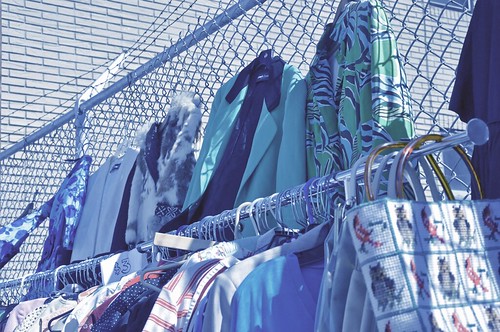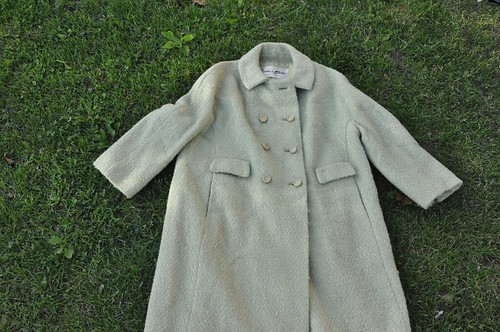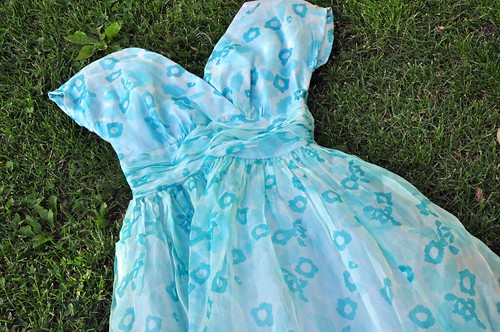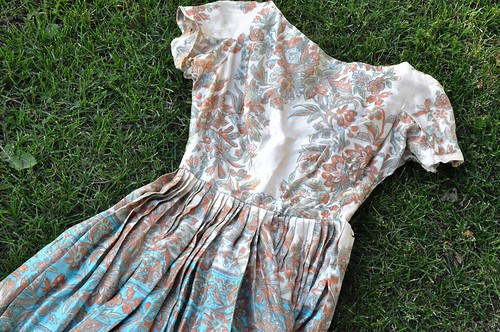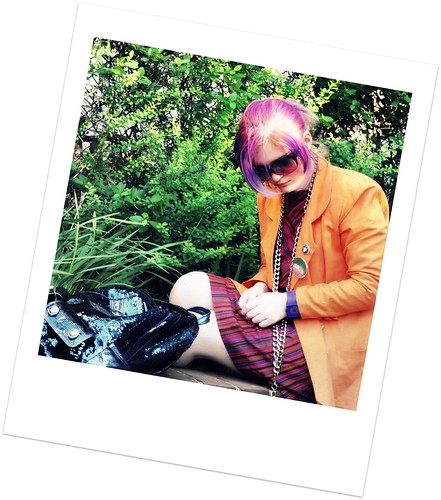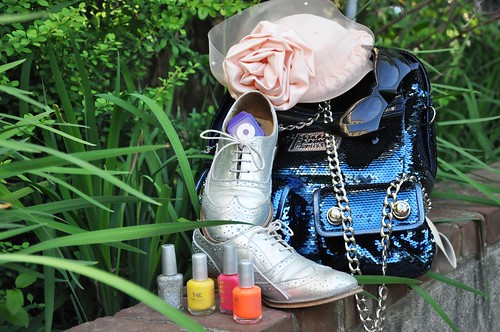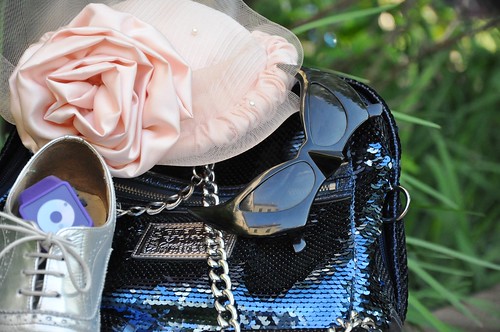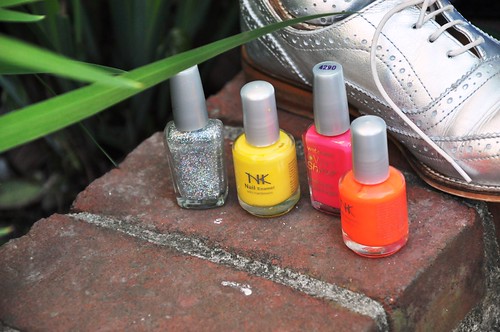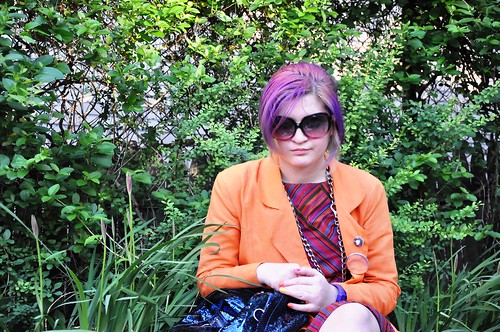This is Hagrid chilling in my garden to lure you into a very long post:
Thank you for your input (good, bad, and the useless) in my last post. I realize my video might have been a bit confusing. It was a rant, it was called a rant, and I ranted. As it is my blog I just post whatever I want, and I felt like posting that. In any case for everyone who watched it and left a comment (regardless of what it said) thanks. You guys brought up some very good points for the most part.
As it is, I
am a feminist: so for the people that said I would have to stop blogging or stop loving fashion to be a
real feminist, I do think that's 99.999 percent
bullshit. I don't think being a 'real' feminist means I can't like fashion, and the fact I would have to give up something I love and work hard at do be a 'real' feminist just seems strange to me. Why would I have to give up something I love to prove that I'm a real feminist? Fashion isn't perfect, it has double standards, it's flawed. Yes. But fashion is also what got me into feminism in the first place, because it's a form of self expression. And as a feminist I do think every woman has a right to express themselves in whatever medium they so desire, including fashion.
You cannot tell me you're a real feminist or better than me at being a feminist just because I like fashion. Since when has there even been a rule of thumb to these sorts of things? Is there a guideline on how to be a real feminist I should be following? Don't think so.
"Throughout the nineteenth century anything 'detailed' or 'ornamental' was judged feminine or inferior; and this distinction was carried on into modernism." - Ash + Wilson 1992
So when you say fashion, which is both detailed or ornamental, is an
inferior hobby, you're also saying that since it's such a feminine industry (as it is assumed to be) it's a worse thing to like than say, a 'manlier' industry, like sports. Is that really something you want to be saying? (That being said I wish things didn't have a gender connotation in the first place. Methinks gender is what you make of it.)
I do not think fashion is inherently bad, or stupid, or shallow, or any of those things. If I did I wouldn't like it in the first place. I have said it a million times, I will say it another million -- I'm not into fashion that's too saccharine or easy. I've always liked fashion that meant something just as much as it was something to wear. Kawakubo said in an interview once, "My clothes are for women who don't care what their husband thinks about what they're wearing." She's said a million other things I could quote, but the point has been made:
my favorite designers are the ones who project a strong, powerful person in their clothes. The clothes may be uncomfortable to the viewer, but the wearer doesn't give a damn, because it's comfortable to her or him. What s\he's wearing is as powerful as s\he is.
In my research on my favorite designers, I asked myself the question: what links all of them together? Why do I like them so much? They're all defined to be post-modernist designers
. Bernard wrote that post-modernity as a zeitgeist "...was a world of culture in which tradition, universal beliefs and standards have been challenged". They're rebels, they mish mash anything and everything to create what they want; fashion is for the aristocrats as well as the paupers.
Fashion, as produced by these designers -- McQueen, Margiela, Demuelemeester, Kawakubo, Westwood -- it wasn't about a gender, it was about an ideal. That's what I like, I don't want to be told that "if I wear ___ I will be more of a women, or more classy, et all". I want to be told "this is for someone who is very powerful and confident with themselves. it has a power of it's own."
A lot of self proclaimed feminists (I am not saying they aren't feminists, they're just different from me) seem to think that all fashion reinfoces sexual objecticiation, that it's counterintuitive to traditional feminist ideals. That seems like a blanketing and ignorant statement to me.... I will admit that a lot of designers just continue with the idea that good design = makes women look and feel sexy / a certain way = sexual objectification, but that isn't every designer in the book, that's just a few. You can't tell me Hussein Chalayan's collection of clothing-furniture is supposed to be
sexually objectifying, or that a collection that was lovingly called the "Cancer Collection" is supposed to give a man a boner.
There are a lot of questions that have no easy answer. What gives an activity a gender stigma? What makes you a good feminist? What makes you
not a good feminist? Why is fashion frowned upon?
This was supposed to be an outfit post, but looks like that's not going to happen. Anyway, here is a dinosaur from my garden.
